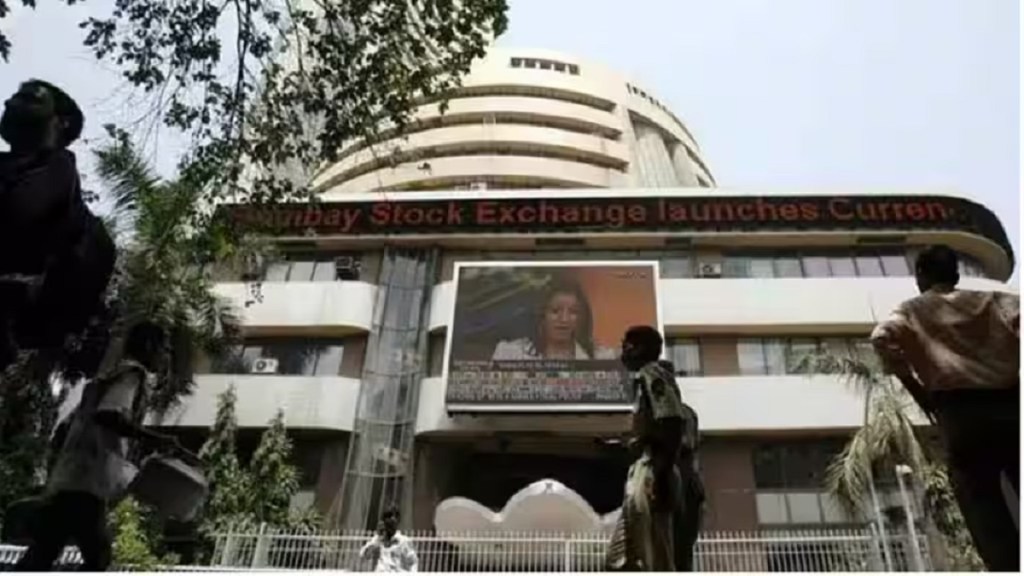By Tarun Singh
The journey for any company leading up to an IPO (Initial Public Offering) is both challenging and rewarding. As the opening bell of the market tolls, the feeling of having “made it” sets in, marking the beginning of a new era in business. For an SME, this moment can be particularly intense, as it represents a critical juncture in the company’s evolution. However, the allure of accessing a larger pool of capital often tempts firms to prioritize valuation over value.
While one of the core objectives of any listed firm is to create shareholder value, making this the sole focus can be a hazardous misstep, especially for SMEs. IPOs should be a catalyst for future growth, not merely a means to unlock past value. Placing excessive focus on short-term valuations over long-term sustainability can prove detrimental, as evidenced by numerous recent examples. For successful SME listings, it is crucial to balance valuation with ongoing value creation, ensuring a strong foundation for sustained public market success.
Delving deeper into the complexities of SME IPOs, it becomes evident that the dichotomy between valuation and value is a pervasive phenomenon. Valuation often becomes a hostage to market sentiment and hype rather than being a genuine reflection of a company’s intrinsic worth. It frequently morphs into a function of lofty expectations and unrealistic benchmarks. Promoters, motivated by the appeal of public listing, often prioritize short-term gains over long-term sustainability, setting their companies up for a perilous journey. This approach not only imperils the company’s future but also has far-reaching implications for investors and the broader market, underscoring the need for a more nuanced understanding of the valuation-value paradigm.
Unveiling a company’s true value, however, is a far more complex and nuanced endeavor. It demands a rich tapestry of financial metrics, intangible assets, and strategic insights, all woven together to reveal a comprehensive picture of a company’s worth. A company’s true value lies not in its valuation but in its future value creation, which is reflected in its ability to generate sustainable returns, drive innovation, and adapt to an ever-changing market landscape with agility and foresight.
An illustrative example of this dynamic is that of a company poised to ride the crest of a valuation wave. Through meticulous analysis and strategic negotiation, its IPO was repositioned to reflect the company’s intrinsic value rather than speculative valuations. This approach not only yielded a successful listing but also fostered long-term investor confidence, demonstrating the power of aligning valuation with value. Conversely, the consequences of confusing valuation with value can be severe, leading to a credibility crisis for promoters and disappointment for investors who buy into overvalued shares, only to find returns failing to match the initial hype.
These cautionary tales serve as a stark reminder of the perils of prioritizing valuation over value. When companies succumb to the allure of hype, they risk embarking on the dangerous path of overpromising and underdelivering, setting unrealistic expectations that ultimately lead to a precipitous decline in investor confidence. By sacrificing long-term growth for short-term gains, they compromise their very foundation, leaving them vulnerable to fluctuations in market sentiment. The consequences are far-reaching, with the reputational damage and loss of credibility often proving irreparable. True success lies not in chasing fleeting valuations but in cultivating enduring value.
The journey through the complexities of SME IPOs reinforces the critical truth that the euphoria of valuation must be tempered by the sobriety of value. True triumph in this arena lies not in the fleeting highs of market sentiment, but in the enduring strength of a company’s fundamentals. By harmonizing optimism with pragmatism, a market can be created where substance triumphs over hype, and value shines brighter than valuation.
Tarun Singh is Founder & MD of Highbrow Securities. Views expressed are personal. Reproducing this content without permission is prohibited.

